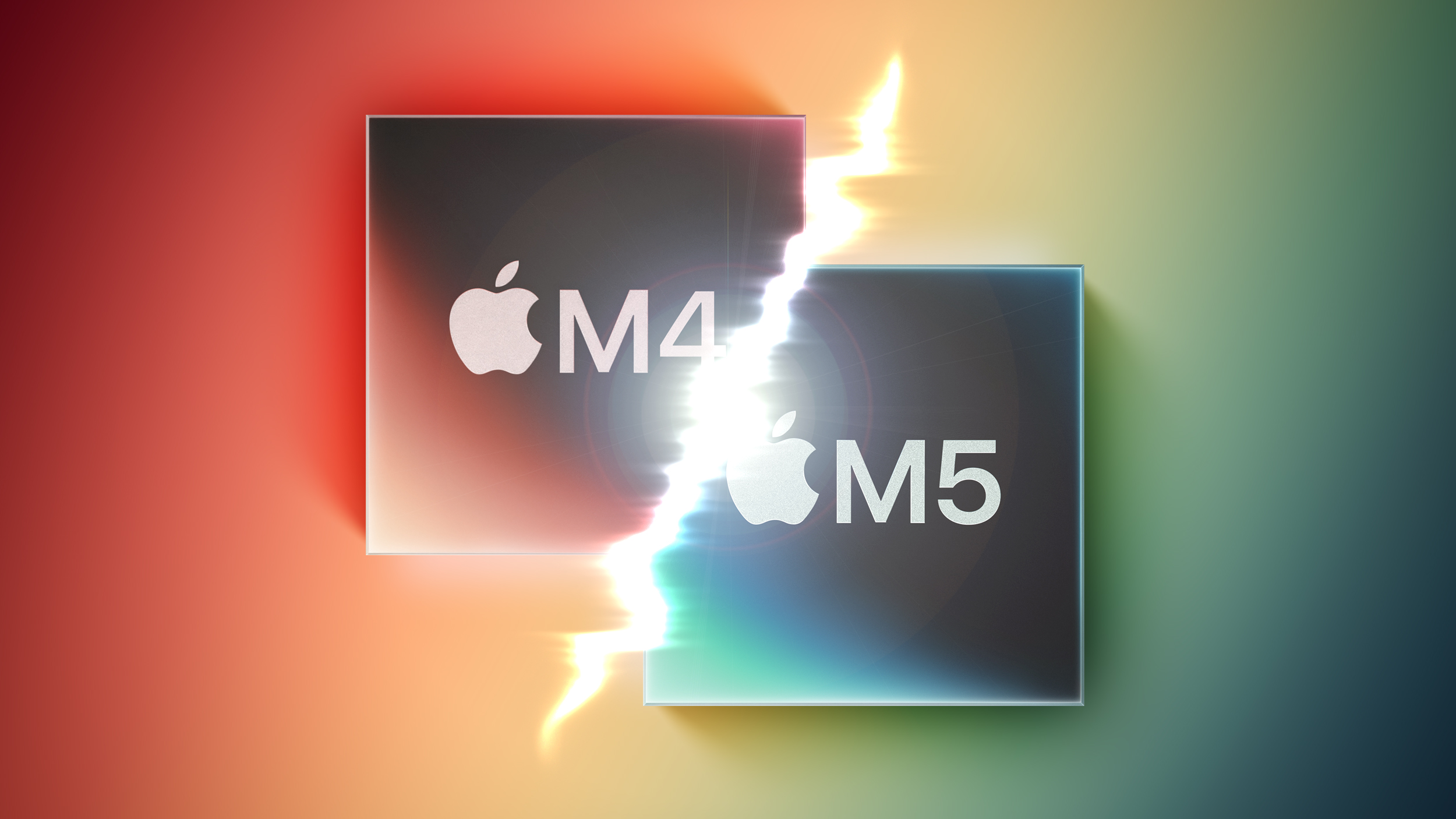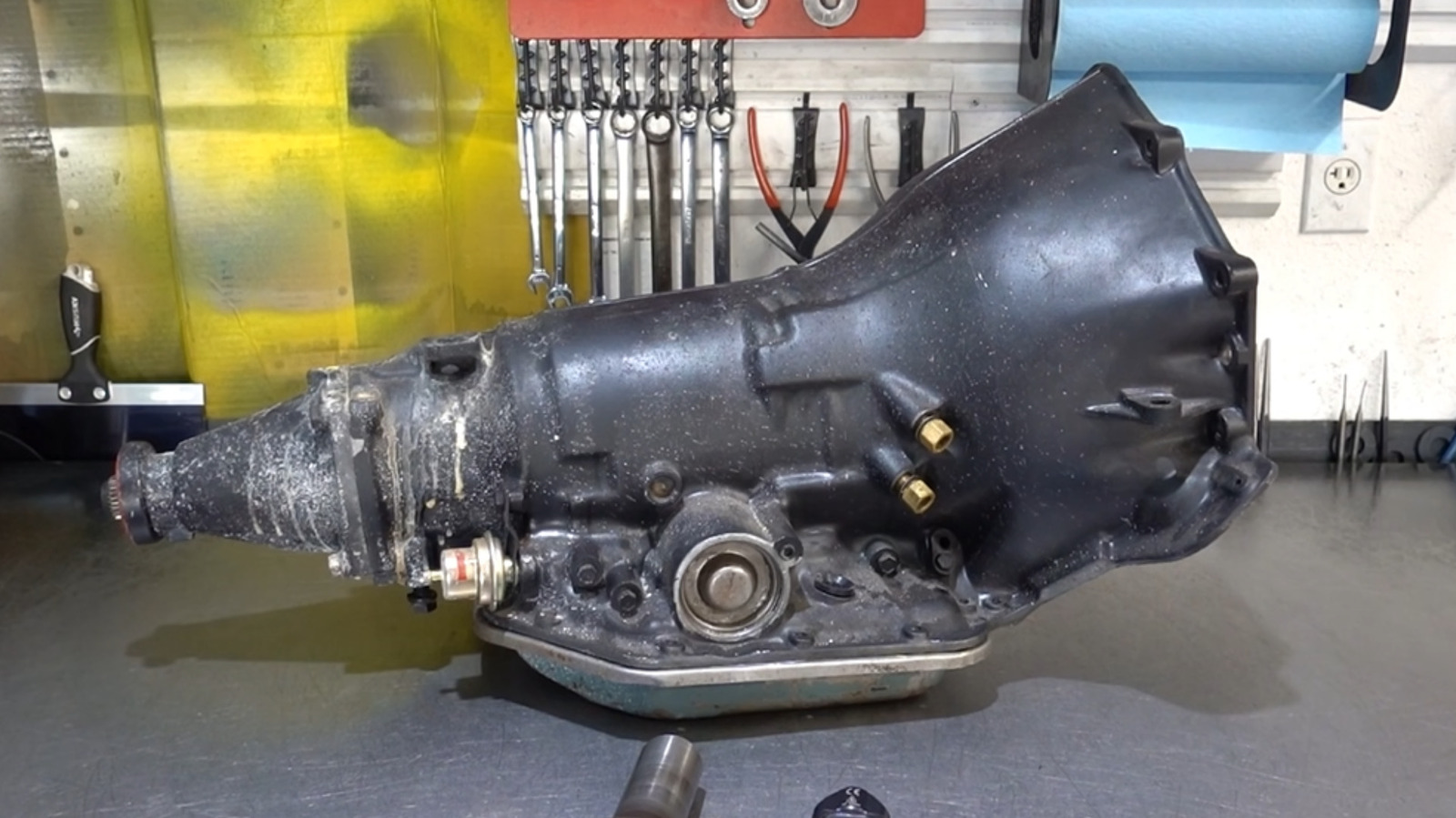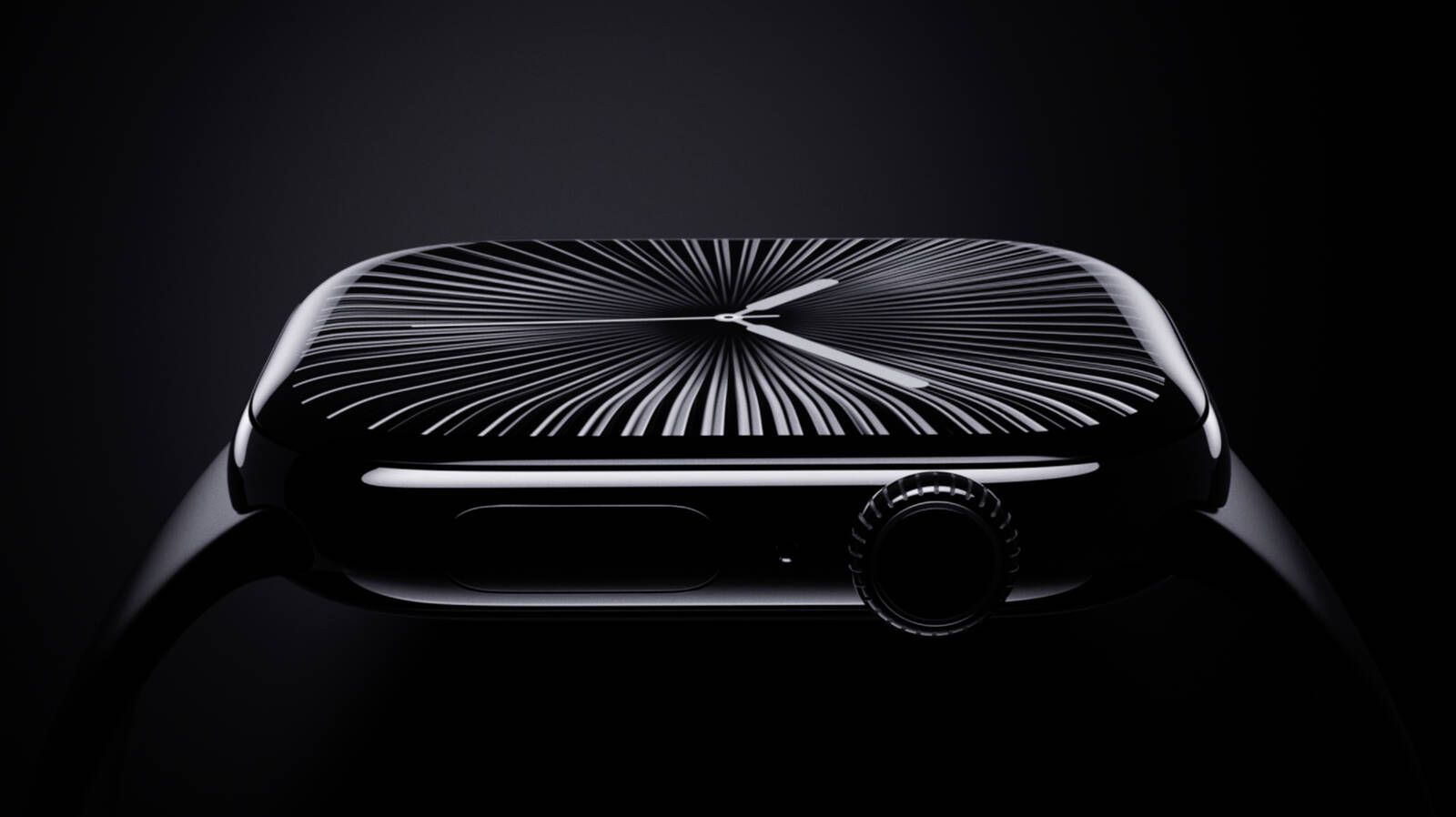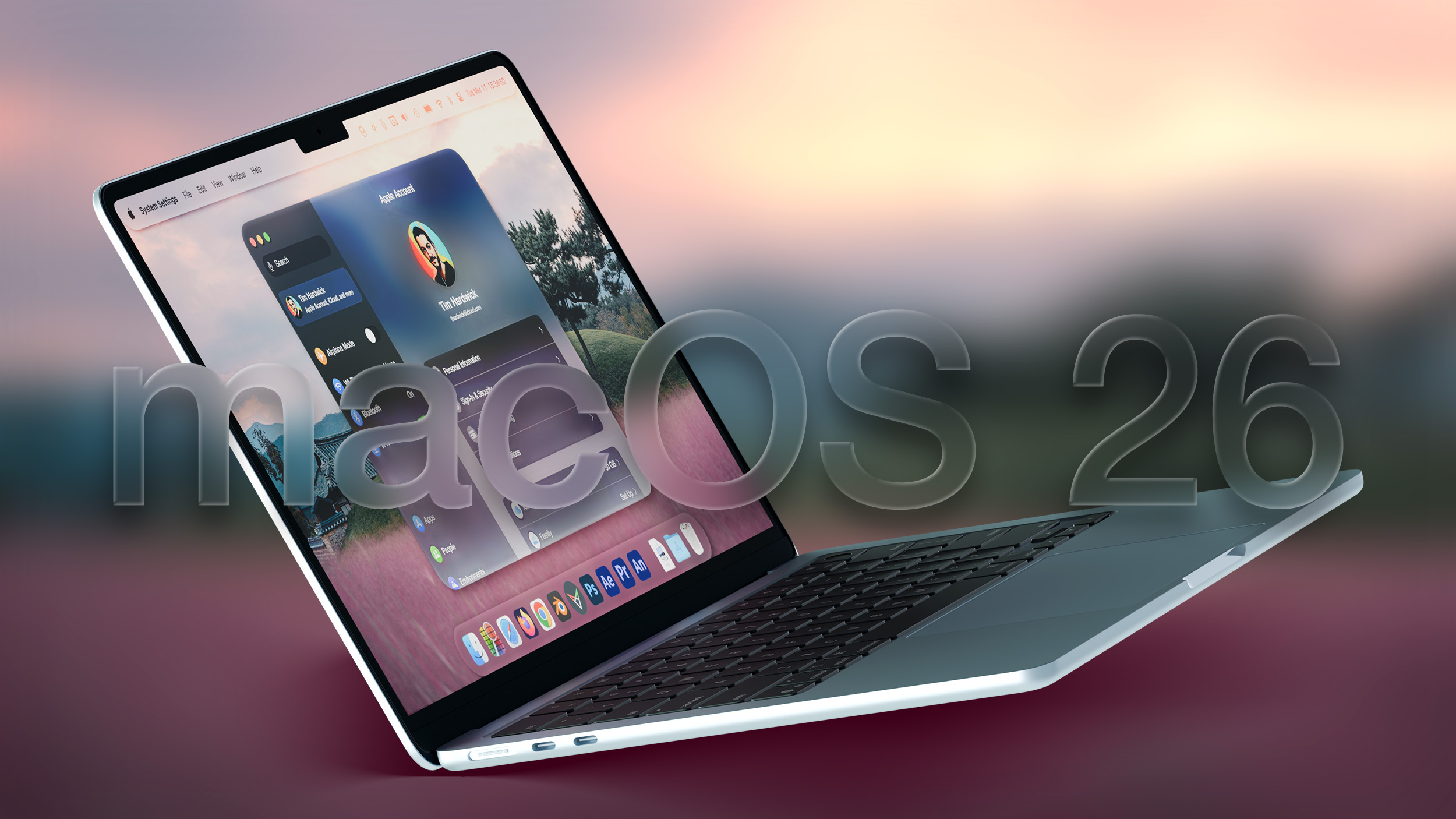
Compared to the M4 spot that Apple launched successful May 2024, the M5 delivers:
- Up to 15% faster multithreaded CPU performance
- Up to 30% faster wide graphics performance
- Up to 45% faster ray tracing performance
- 27.5% higher unified representation bandwidth
In summation to wide show claims, Apple published a acceptable of circumstantial real-world workload results showing measurable gains successful AI-driven applications:
- 4×+ highest GPU compute show for AI
- 3.6× faster clip to archetypal token (LLM)
- 1.8× faster Topaz Video Enhance AI processing
- 1.7× faster Blender ray-traced rendering
- 2.9× faster AI code enhancement successful Premiere Pro
With the M5, Apple is heavy emphasizing an AI-centric design. The institution says the caller GPU architecture includes a dedicated Neural Accelerator wrong each GPU core, and that the spot delivers much than six times the highest GPU compute show for AI compared to the M1. Apple besides cites improvements to the Neural Engine, representation bandwidth, and developer-facing APIs to enactment on-device AI models. Other hardware changes compared to the M4 include:
| Made with TSMC's second-generation 3nm process (N3E) | Made TSMC's third-generation 3nm process (N3P) |
| No integrated Neural Accelerators | Integrated Neural Accelerator successful each GPU core |
| Metal 3 developer APIs | Metal 4 developer APIs with Tensor APIs to programme GPU Neural Accelerators |
| Second-generation ray tracing engine | Third-generation ray tracing engine |
| First-generation dynamic caching | Second-generation dynamic caching |
| Shader cores | Enhanced shader cores |
| 120 GB/s unified representation bandwidth | 153 GB/s unified representation bandwidth |
| Support for up to 2TB storage | Support for up to 4TB storage |
For users whose workloads see on-device AI inference, analyzable 3D rendering, oregon different GPU-bound oregon memory-intensive tasks, the leap from M4 to M5 is material. The operation of per-core Neural Accelerators, higher representation bandwidth, and caller GPU architecture produces multi-fold speed-ups successful definite AI operations. In environments wherever time-to-result straight affects workflow, specified arsenic section LLMs, diffusion models, video enhancement, oregon ray-traced accumulation oregon gaming, the M5 represents a meaningful step-change alternatively than a insignificant iteration.
By contrast, for emblematic day-to-day usage, browsing, bureau work, media playback, basal editing, and wide responsiveness, the quality is improbable to beryllium perceptible. The M4 was already a high-performance spot that routinely exceeded the demands of mean Mac and iPad workloads, leaving small disposable headroom to exploit with the M5. In non-specialist scenarios, devices equipped with the M4 stay efficaciously indistinguishable successful acquisition from those moving with an M5.
As a result, mean users should not beryllium dissuaded from buying oregon keeping an M4 machine. That being said, if you program to support your instrumentality for galore years, M5 devices volition beryllium much future-proof and amended equipped to grip progressively fashionable AI-based utilities.
The M5 spot is presently disposable lone successful the 14-inch MacBook Pro, the latest iPad Pro, and the Apple Vision Pro. Higher-end M5 Pro and M5 Max variants are expected to travel successful aboriginal Mac models.
Related Roundups: iPad Pro, MacBook Pro
Buyer's Guide: iPad Pro (Buy Now), MacBook Pro (Buy Now)
Related Forum: MacBook Pro
This article, "M4 vs. M5 Chip Buyer's Guide: How Much Better Really Is M5?" archetypal appeared connected MacRumors.com
Discuss this article successful our forums
 (2).png)
 3 months ago
20
3 months ago
20











 English (US) ·
English (US) ·